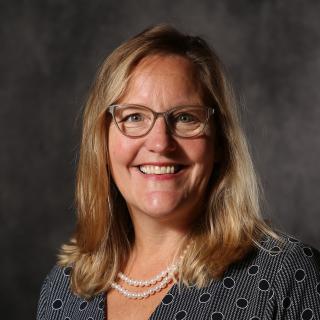The primary mission of the faculty ombudsperson is to support faculty in addressing issues and concerns related to their academic roles at Ohio State. More broadly, the faculty ombudsperson identifies trends and systemic issues and reports them as needed to university departments and units to improve effectiveness, efficiency, and fairness. The faculty ombudsperson addresses issues and challenges that faculty face within the university with the goal of supporting a positive work environment and advancing fairness and equity. The faculty ombuds also serves postdoctoral scholars.
